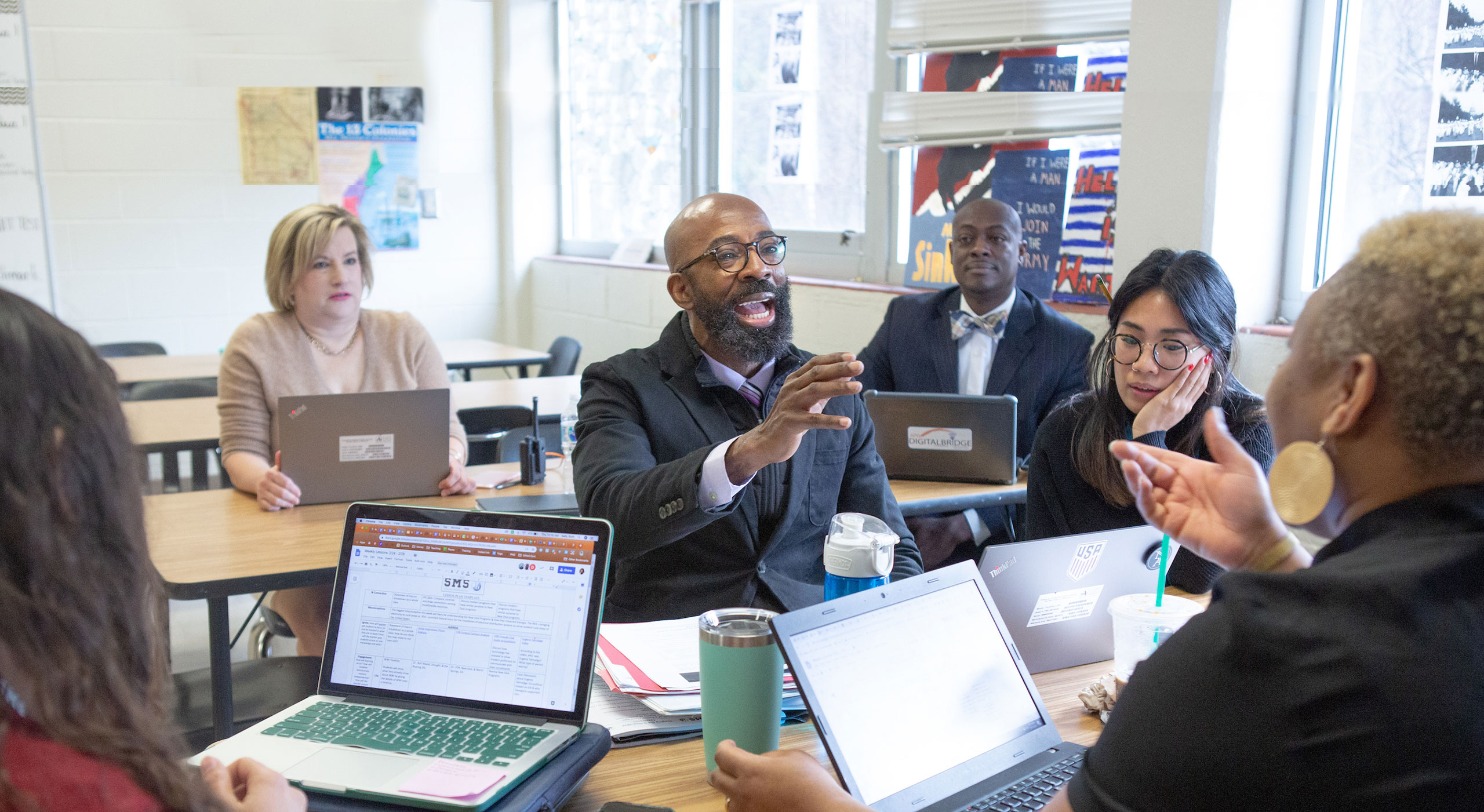
Welcome to Phase II of the Tools Competition!
In this phase of the competition, you will develop a 3,000 word proposal and budget detailing your tool or technology, its potential for impact and scale, adherence to track requirements, and support of learning science research.
We are eager to support you with a variety of resources and virtual events to help you strengthen your proposal and get feedback from organizers.
Please be sure to check this page frequently for updates!
Resources
These resources were developed to help you understand what reviewers will look for as they evaluate your Phase II proposal, highlight suggestions to keep in mind, and illustrate how previous Tools Competition winners reflect some of these key elements in their work.
- Rubrics – In Phase II, reviewers will evaluate all proposals using a track-specific rubric. We recommend developing your proposal alongside the rubric and addressing each piece clearly and thoroughly. If you are competing in the Learning Engineering Tools Competition, download the rubrics on the Competition Tracks page, which also provides information on interest areas to consider by track, and examples of past winners. If you are participating in DARPA AI Tools for Adult Learning, download the rubric on the How to Participate page.
- Tip sheet – Based on our review of Phase I submissions – we’ve compiled a tip sheet with suggestions to keep in mind as you develop your detailed proposal. Be sure to carefully review all the tips and ensure that they are reflected in your proposal. Download the tip sheet here.
- Case studies – In Phase II, all tools will be assessed on the extent to which they address the needs of learners, families, and teachers (Learning Engineering Tools Competition) or adult learners, employers, and communities (DARPA AI Tools for Adult Learning). Read these case studies to learn about how previous winners initially reached their target audiences to get feedback, how they continue to iterate their tools based on demonstrated need and demand, and the advice they have for teams competing in this year’s Tools Competition.
Virtual Events
We are offering a number of interactive events with competition organizers and previous Tools Competition winners to provide more support on meeting the proposal requirements and to answer your questions. Click the links below to register for these upcoming events. All events will be recorded and distributed.
- Phase II Info Sessions (January 12, times vary by time zone below). Learn about the Phase II proposal requirements and get your questions answered by competition organizers.
-
- Register here for 10am Central European Time.
- Register here for 1pm Eastern Standard Time.
-
- Ask-Me-Anything with ASSISTments and UPchieve (January 26, 12pm ET). Hear about how previous Tools winners are effectively engaging learners, families, and educators in the ongoing development of their tool – and get your questions answered. Register here.
- Research Partnerships and Impact Evaluation Webinar (January 31, 12pm ET). Katie McCarthy, PhD, Assistant Professor of Educational Psychology at Georgia State University will discuss what you need to do to form an effective research partnership as part of your Phase II Tools proposal – and the expectations for impact evaluation of Tools winners. Register here.
- Research & Evaluation Office Hours (February 6, 12pm ET). Bring your questions on the research and evaluation proposal requirements to virtual Office Hours with Katie McCarthy, PhD, Assistant Professor of Educational Psychology at Georgia State University. All office hours are drop-in group sessions. Register here.
- Office Hours. Drop in to virtual, group office hours with competition organizers to get feedback on your proposals.
-
- Register here for Central European Time.
- Register here for Eastern Standard Time.
-



